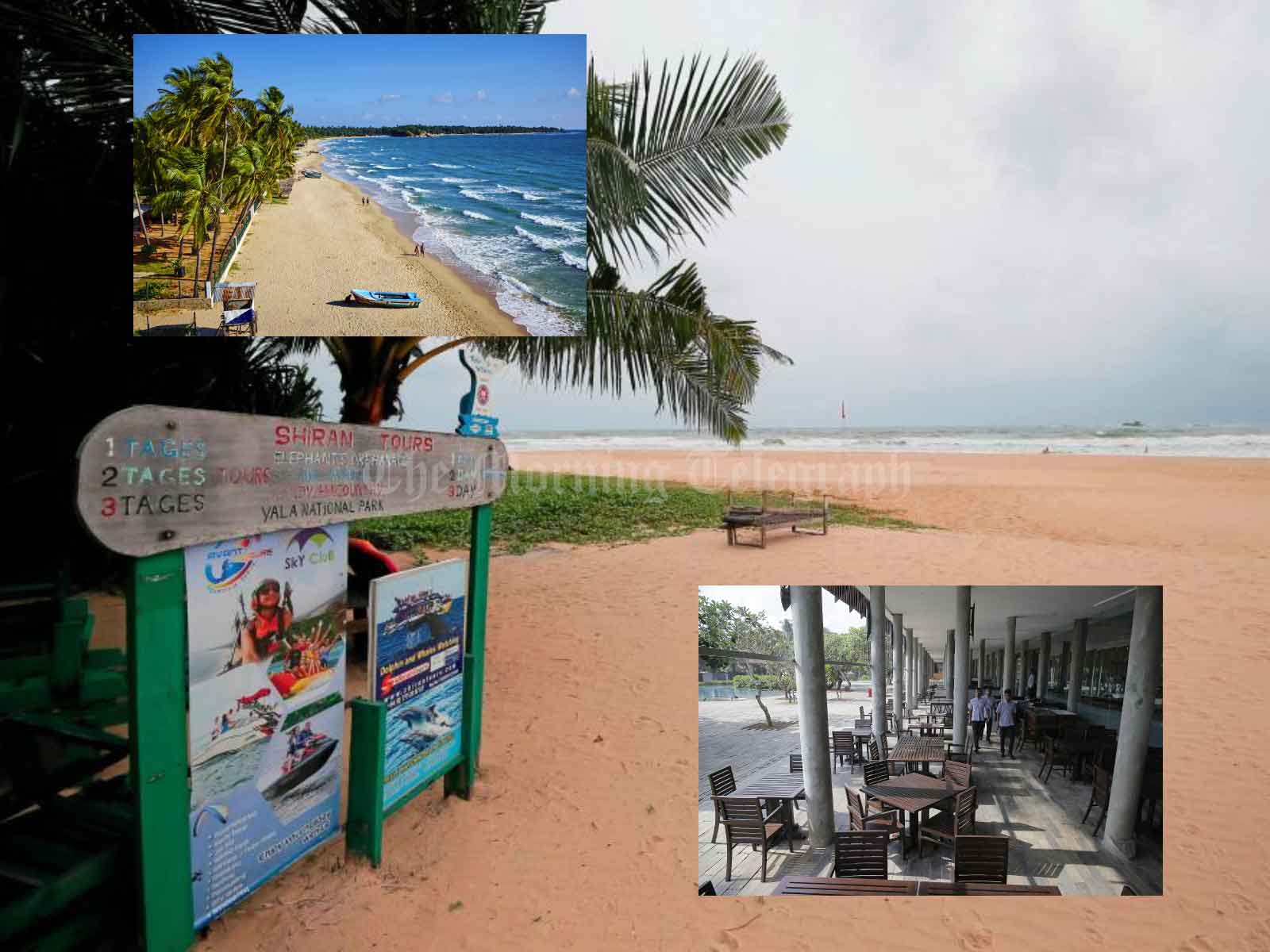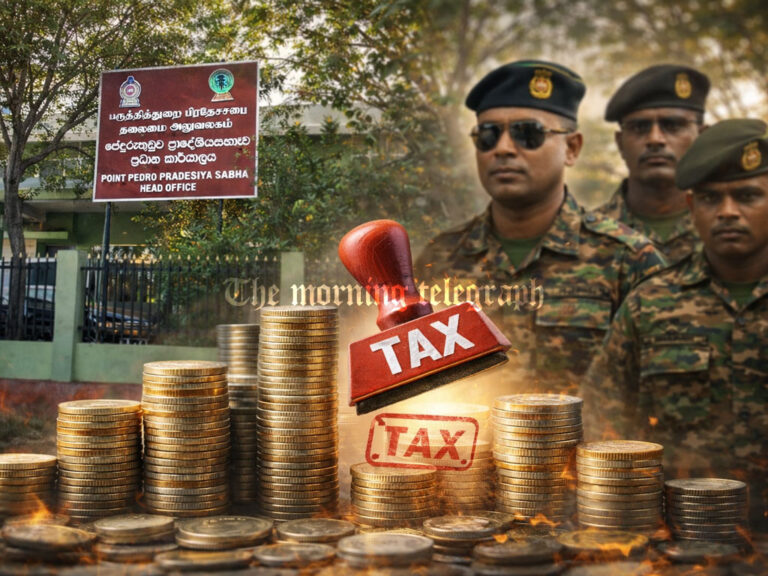
Colombo, Sri Lanka — Tourist areas across Sri Lanka are witnessing a dramatic decline in foreign visitors as warnings of potential terrorist attacks send shockwaves through popular destinations. This downturn follows advisories from several nations, including the United States, the United Kingdom, and Russia, cautioning travelers about possible threats, particularly in regions frequented by Israeli nationals, such as Arugam Bay and Weligama.
The Israeli government, reacting swiftly, urged its citizens to avoid large gatherings and consider relocating to safer areas, like Colombo, where heightened security measures are in place. This call to action has prompted many tourists to either cancel their travel plans or hastily leave the country altogether.
Reports indicate that a group of Israeli tourists was seen departing from Katunayake Airport shortly after the warnings were issued, underscoring the urgent nature of the situation. As travel plans crumble, some individuals choose to remain, hoping for the safety assurances promised by local authorities.
In response to the escalating fears, Sri Lankan police have ramped up security measures, deploying additional personnel to popular tourist sites. Authorities assure travelers that they are prioritizing safety and that operations are in full swing to maintain security.
Despite these assurances, the atmosphere remains tense, with many tourists expressing concerns over their safety. The sudden drop in visitor numbers has left once-bustling areas eerily quiet, signaling a significant impact on the local economy that relies heavily on tourism.
As the world watches closely, the situation in Sri Lanka raises questions about the future of travel in the region and the broader implications of global security threats on local economies.





The notable police presence signaling potential unrest may understandably cause concern among both locals and tourists. Additionally, the spread of rumors by some individuals could have an adverse effect on the recovery of tourist arrivals, particularly following recent events such as the VSF visa situation and the Presidential election. These developments come at a critical time, coinciding with the peak southern tourist season and may also dampen the enthusiasm surrounding the upcoming Christmas and New Year celebrations.